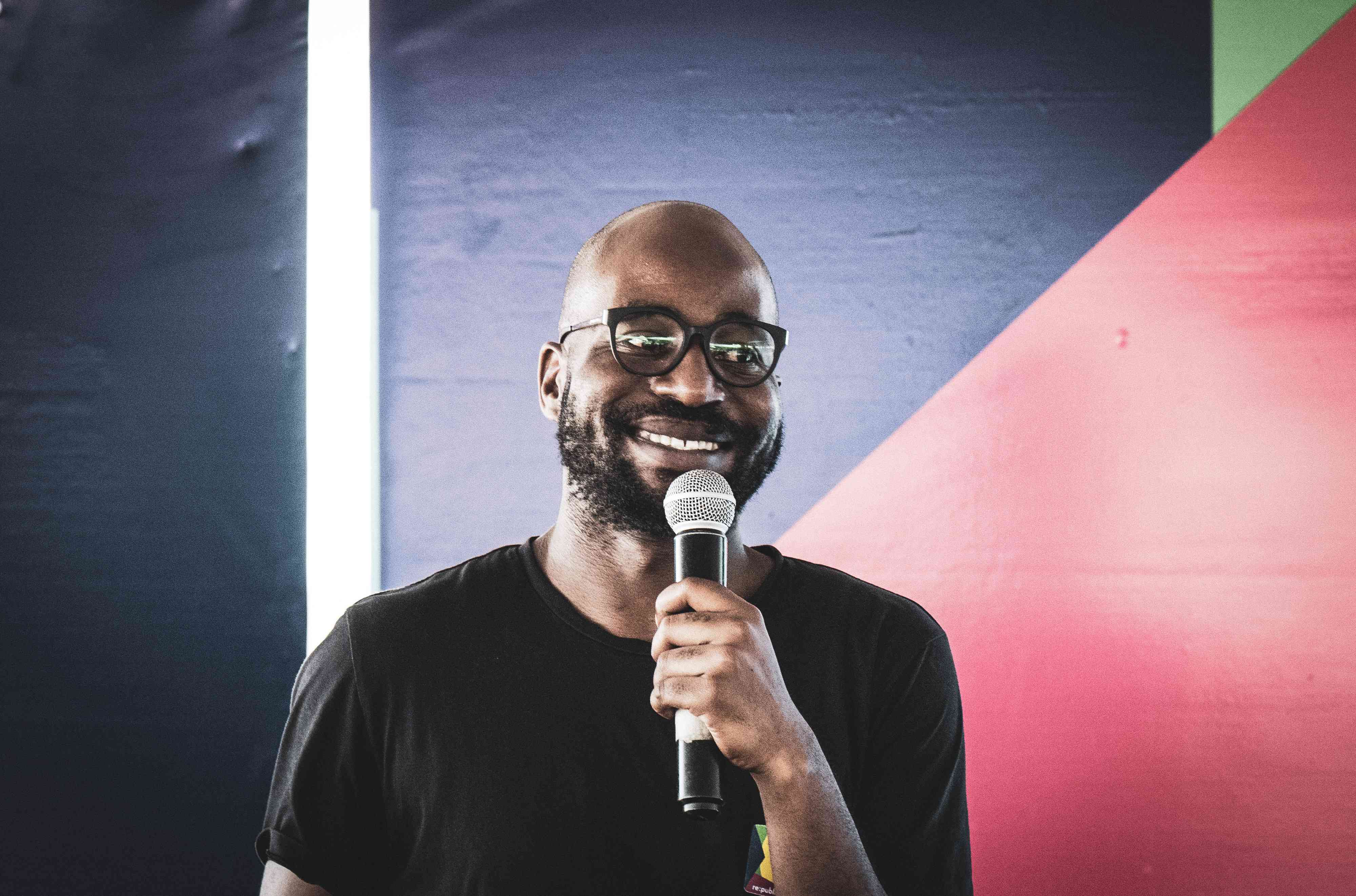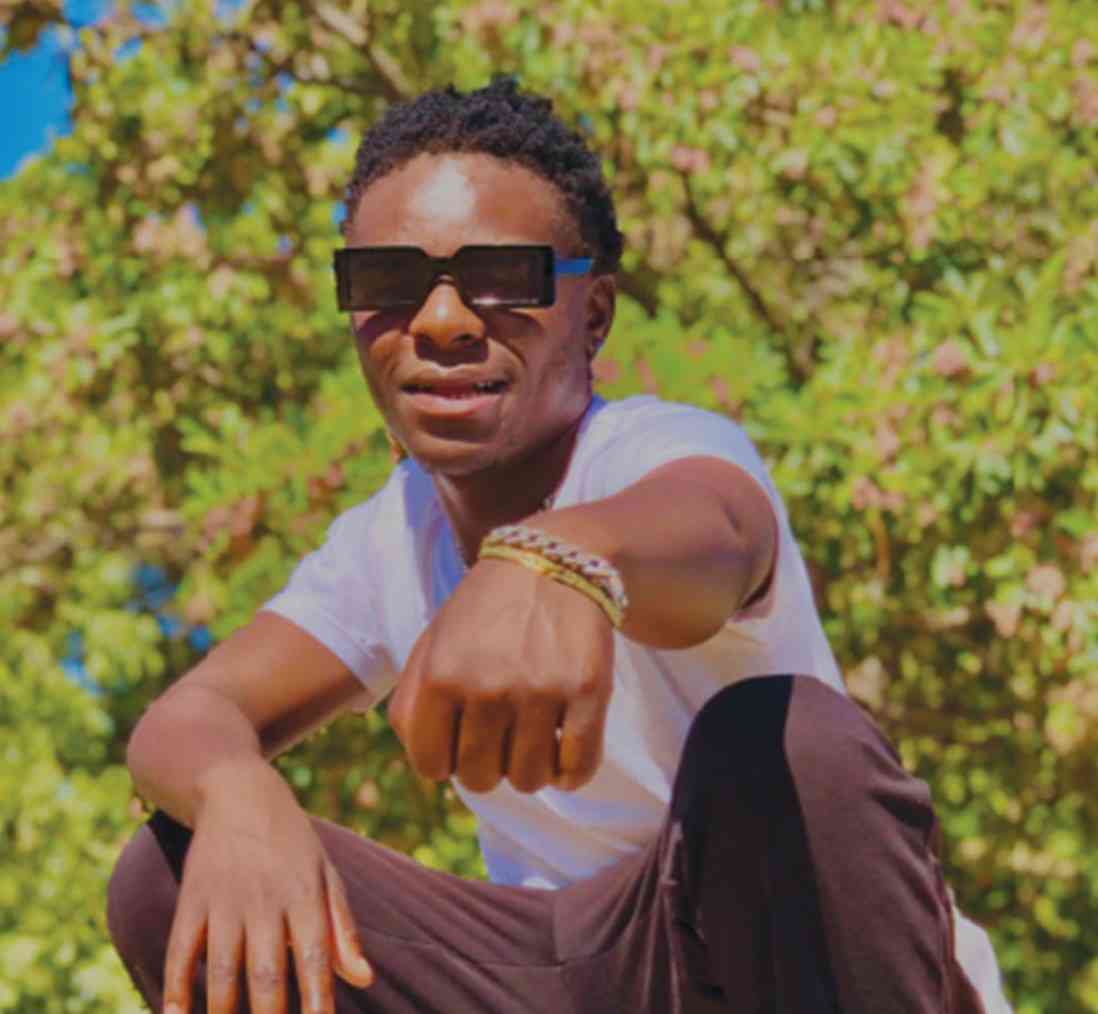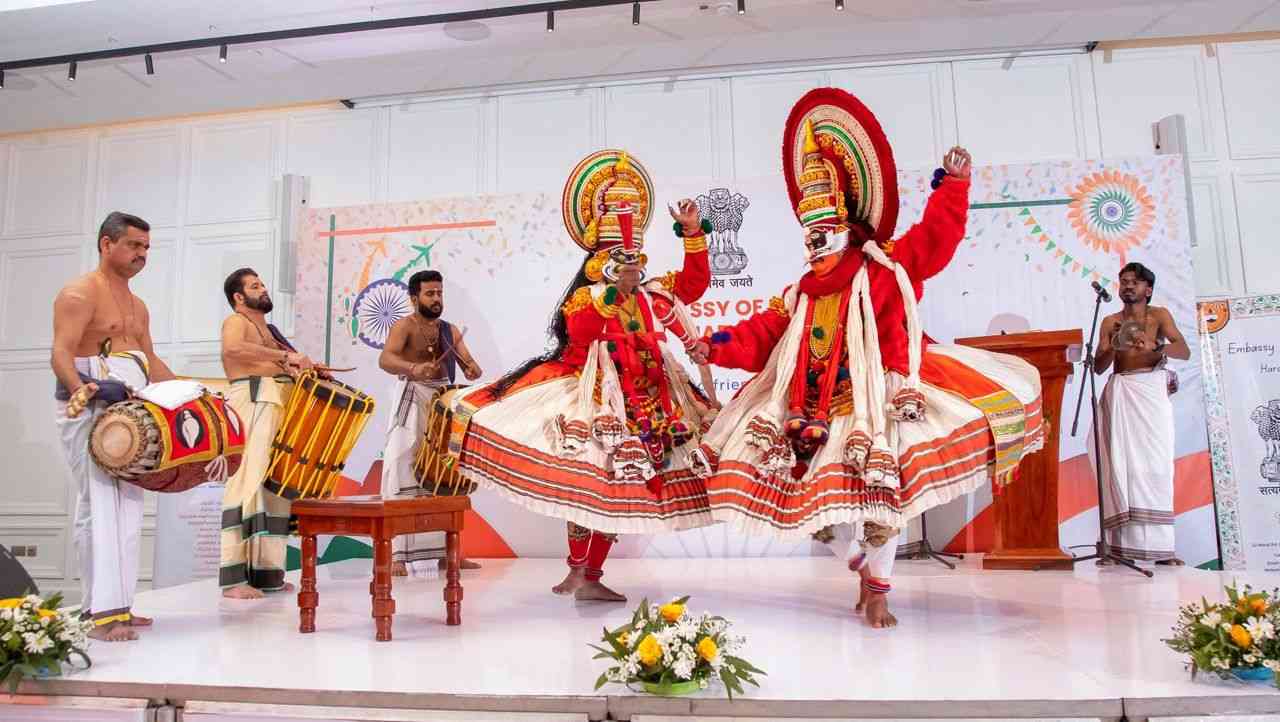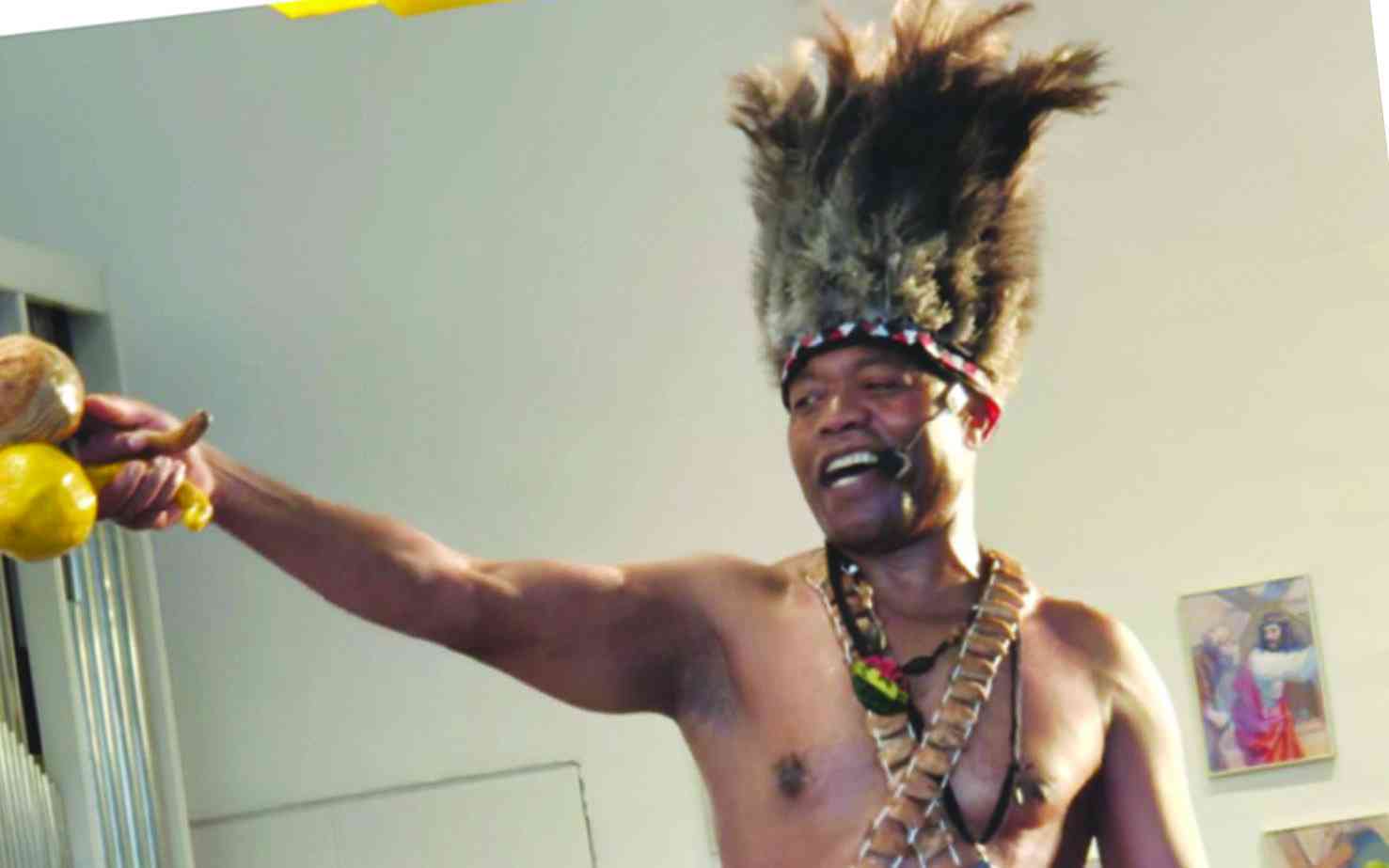
MULTI-TALENTED creative Kudzanai Chiurai has defied the new norm that the internet of things has the bulk of the world’s information and believes there is more information and things to be explored which are still hidden in people.
He curates and assembles a wide range of antiquated materials and his own creative work which include and are not limited to vinyl, posters, paintings and plenty more drawn from his own backgrounds and several parts of Africa.
Chiurai admits that the diverse assortment of his library opens up a vacancy for an independent curator when an opportunity to carry out an exhibition comes.
A gifted vinyl DJ, poet, activist and a cultural philosopher who challenges social injustices through creative works, he has in his display cabinet several accolades which include the Forbes list of “Thirteen Africans to Watch in 2013” and in 2015, he was named among the “15 Young African Creatives Rebranding Africa”.
On Africa Day, Chiurai was a guest DJ at the Vinyl Festival held at Ella the Garden in Harare, playing 30 minutes of Zimbabwean and African diaspora old and new school vinyl records music.
His selection of Ambuya Stella Chiweshe’s Ndotamba Nani, Thomas Mapfumo’s Gwindingwi, Chico Sello Twala’s Instrumentals, Mokoomba’s Makisi, Bantu Spaceship’s Mhondoro and Hugh Masekela, among others, were enough to lift the audiences from the bonfires to the dance floor.
“My life revolves around sculpturing, painting, vinyl collection, poetry and alike. I also produce short stories into film and one of them is Believe in Silence and the other one is called The Last Supper. My vinyl collection unites several people from Africa because music has contributed to the hybrid culture. When people migrate, they carry with them their own culture,” Chiurai said.
“People can retrace their histories through listening to music. I cannot tell many stories out of one record vinyl. Each record has its own story told in song by the composer and each country has its own narrative as well.”
- Edutainment mix: The mbira in the cosmos of development
- Mukadota ‘exploited’ me: Mai Rwizi
- In the groove: Fela Kuti: The pioneer of afro-beats
- Forget about elections, says Mukanya
Keep Reading
He made his breakthrough in 2003, making a first solo exhibition in Harare.
Chiurai gained leads for International Exhibitions in the Art in New York City, Museum für Moderne Kunst in Frankfurt, Victoria and Albert Museum in London, and documenta in Kassel, Germany.
Churai describes his vinyl collections as reminiscence tier that is strategically meant to bring people together as they discuss important issues in their lives.
He admits that the vinyl records, which in most cases have quality records of music and at times discussions, are a trusted source of entertainment and an interesting way of looking back into a history.
“The Library of Things We Forgot to Remember is a work that I consider to be itself a form of liberated zone. It functions independently — I work with different librarians each time there is an iteration of it, and every guest librarian sees the process of cataloguing differently. Some approach it visually, and others aurally- and so bring to our attention dialogues and ideas forgotten, but still very much a part of our present.
“I consider the archival material and recording as broadcasts of Afro-futures. A frequency that mobilised and energised the struggle for independence and liberation. It’s an archive that brings that past into the present and will continue to echo as we consider our futures,” he reiterated his widely circulated statements.










